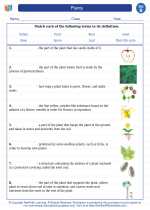Vascular Tissue
Vascular tissue is a complex system of specialized cells in plants that are responsible for the transport of water, nutrients, and other vital substances throughout the plant. There are two main types of vascular tissue: xylem and phloem.
Xylem
Xylem is responsible for transporting water and minerals from the roots to the rest of the plant. It is made up of several types of cells, including tracheids and vessel elements. These cells are long, hollow tubes that allow for the movement of water and dissolved minerals through the plant.
Phloem
Phloem is responsible for transporting the products of photosynthesis, such as sugars, from the leaves to other parts of the plant. It is made up of sieve tube elements and companion cells. The sieve tube elements form a continuous network of tubes that transport the sugars, while the companion cells provide metabolic support to the sieve tube elements.
Functions of Vascular Tissue
Vascular tissue plays a crucial role in the growth, development, and survival of plants. It provides the means for the transport of essential substances, such as water, minerals, and sugars, to all parts of the plant. This allows for the uptake of water and nutrients from the soil, the distribution of sugars produced during photosynthesis, and the structural support of the plant.
Study Guide
- What are the two main types of vascular tissue in plants?
- Describe the function of xylem.
- What types of cells make up xylem?
- Explain the role of phloem in plants.
- What are the components of phloem?
- Discuss the functions of vascular tissue in plants.
[Vascular Tissue] Related Worksheets and Study Guides:
.◂Science Worksheets and Study Guides Second Grade. Plants
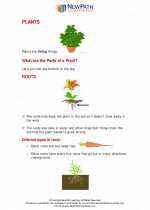
 Activity Lesson
Activity Lesson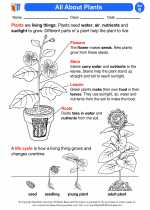
 Activity Lesson
Activity Lesson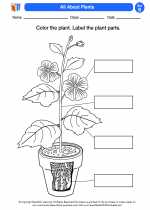
 Worksheet/Answer key
Worksheet/Answer key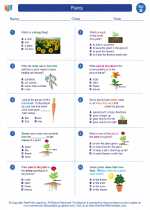
 Worksheet/Answer key
Worksheet/Answer key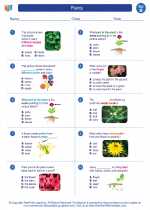
 Worksheet/Answer key
Worksheet/Answer key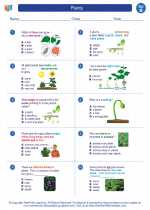
 Worksheet/Answer key
Worksheet/Answer key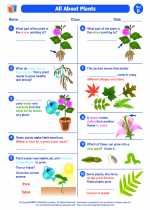
 Vocabulary/Answer key
Vocabulary/Answer key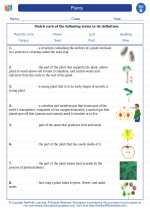
 Vocabulary/Answer key
Vocabulary/Answer key